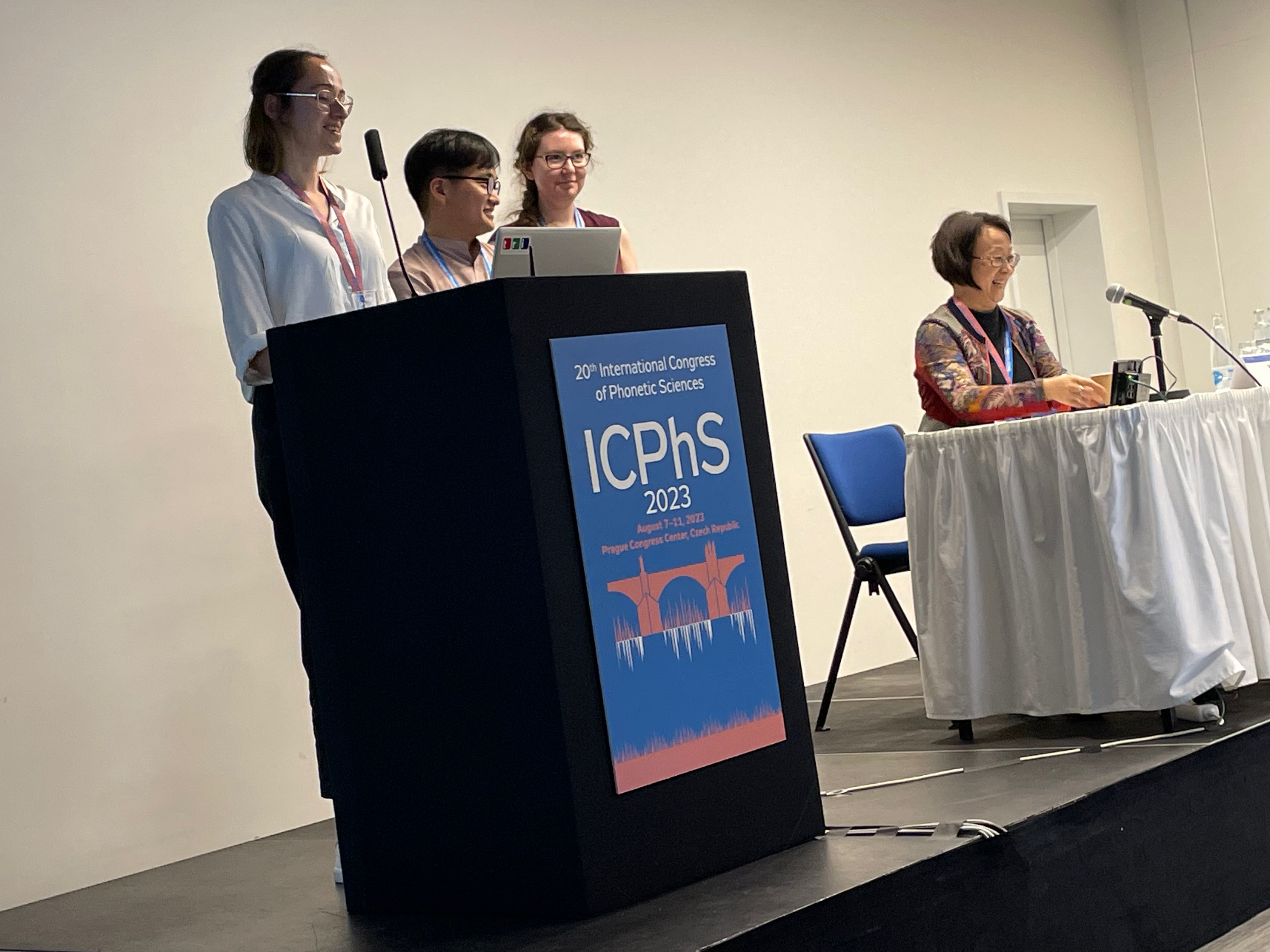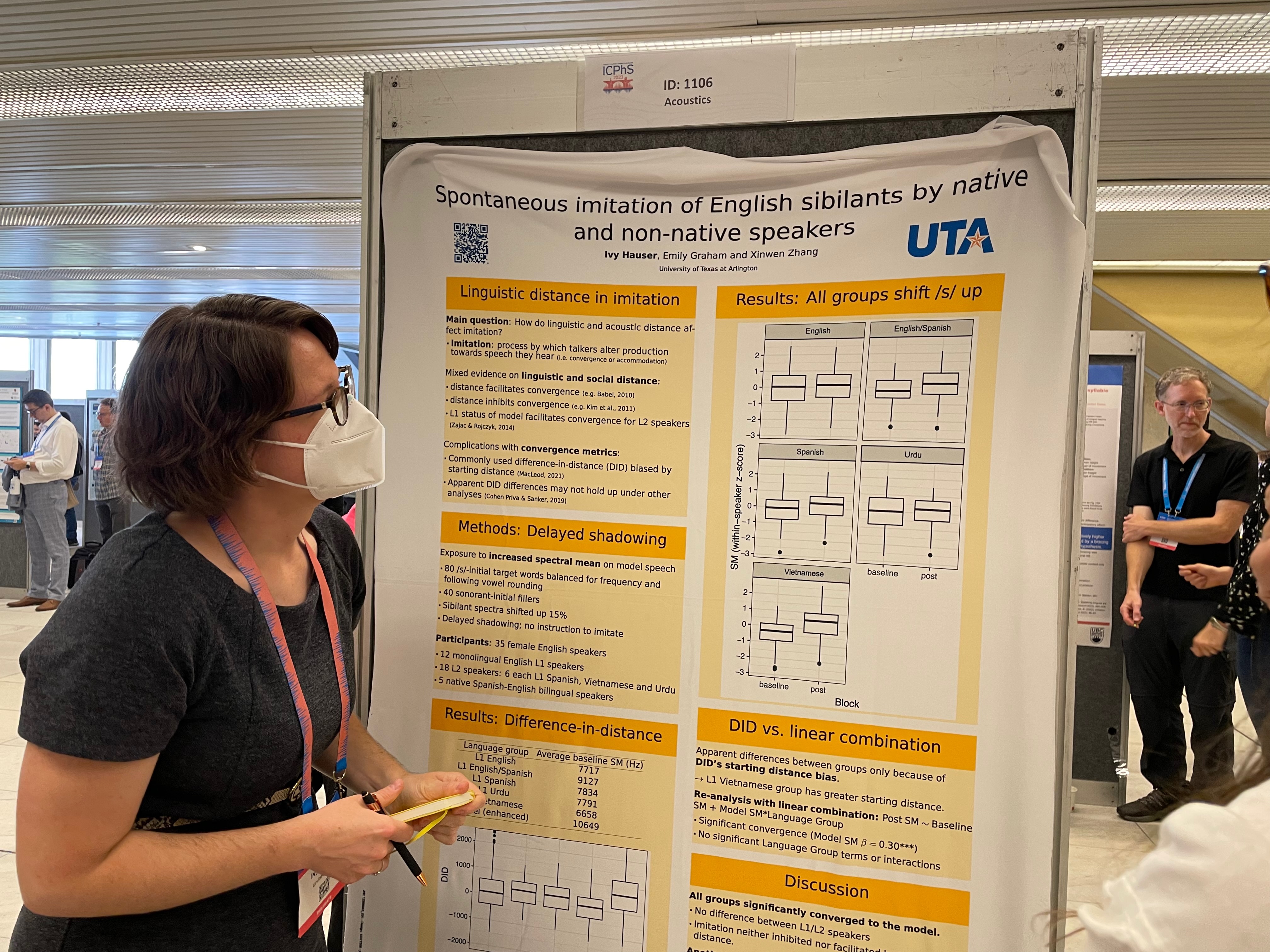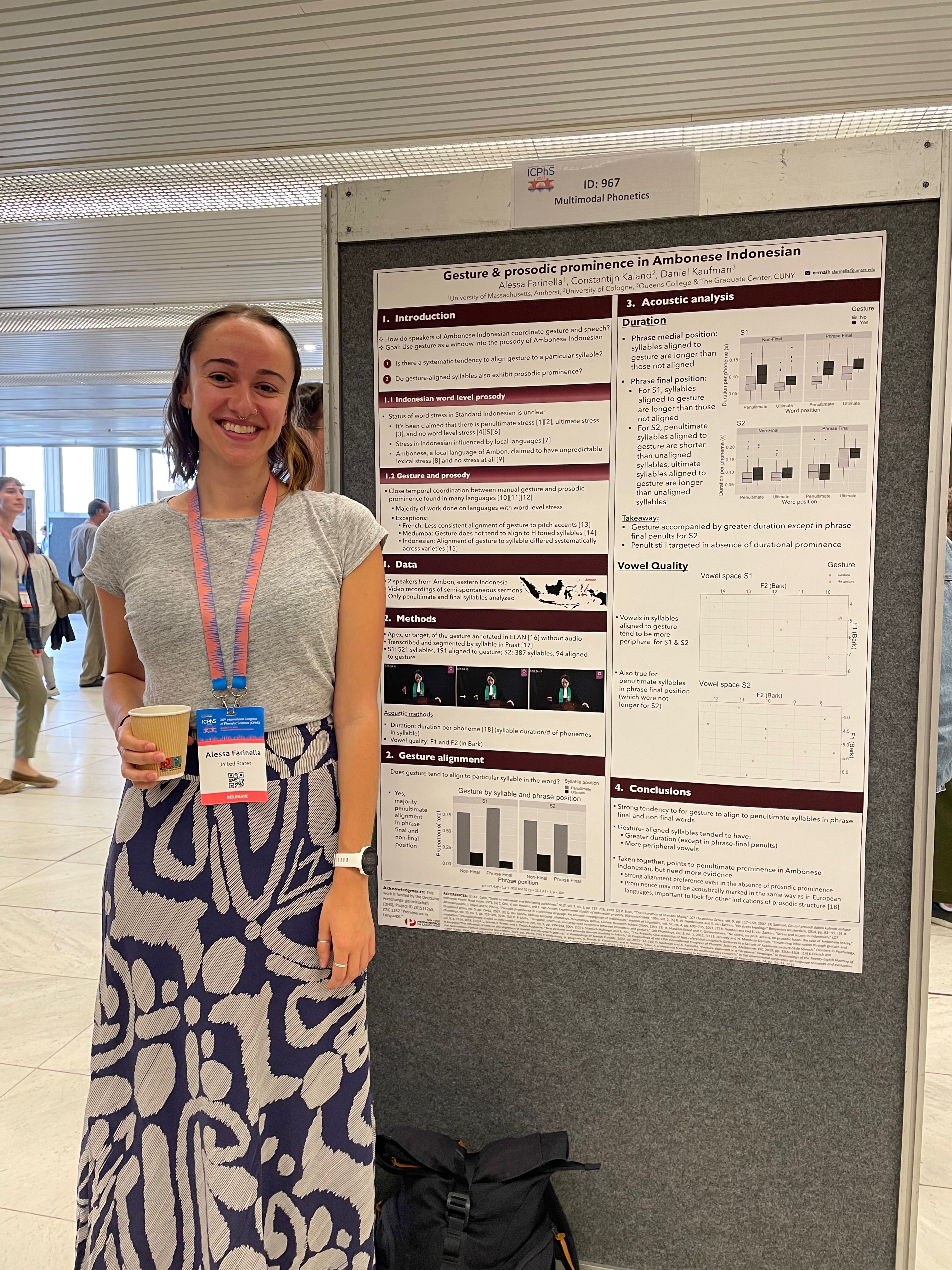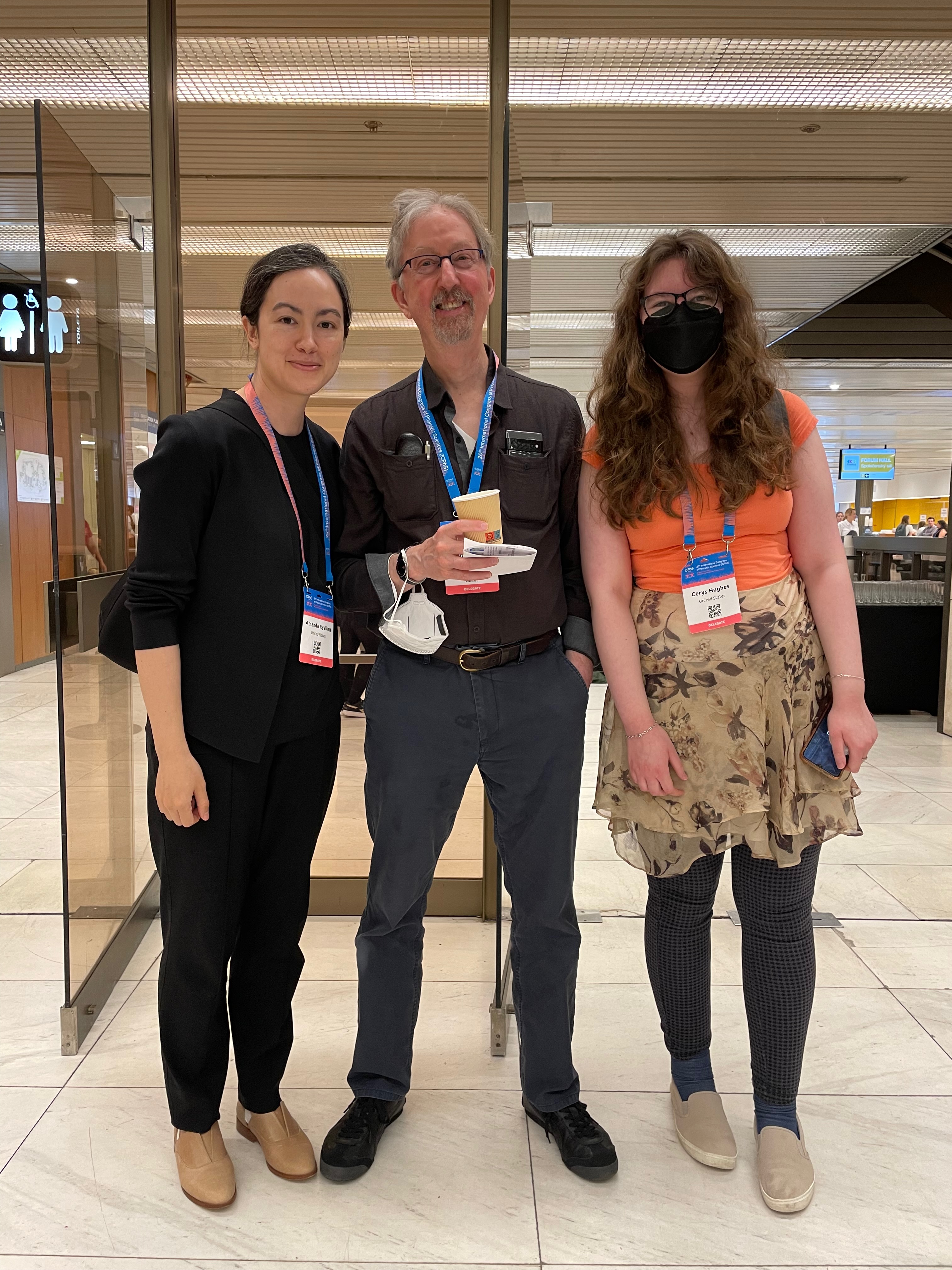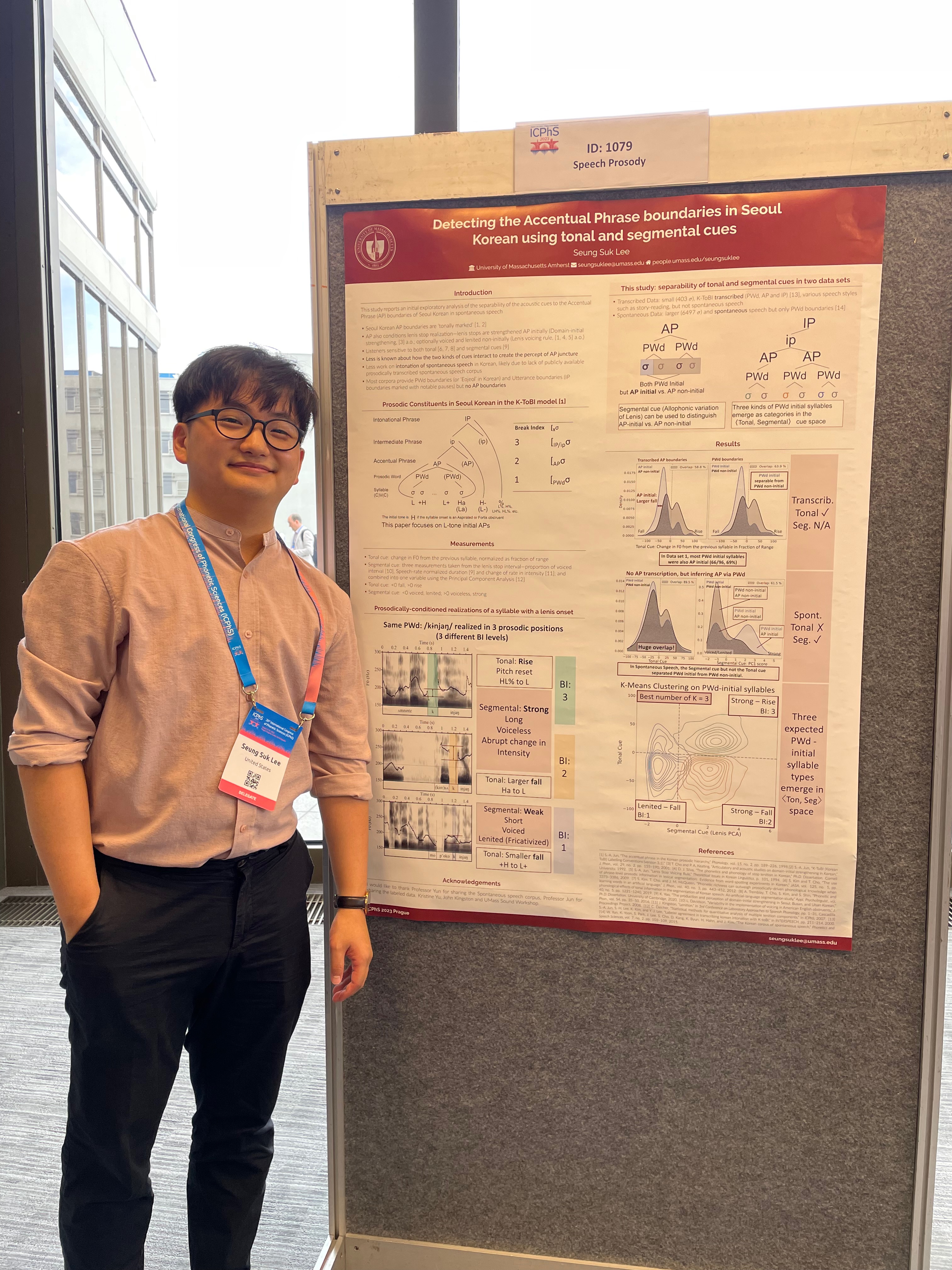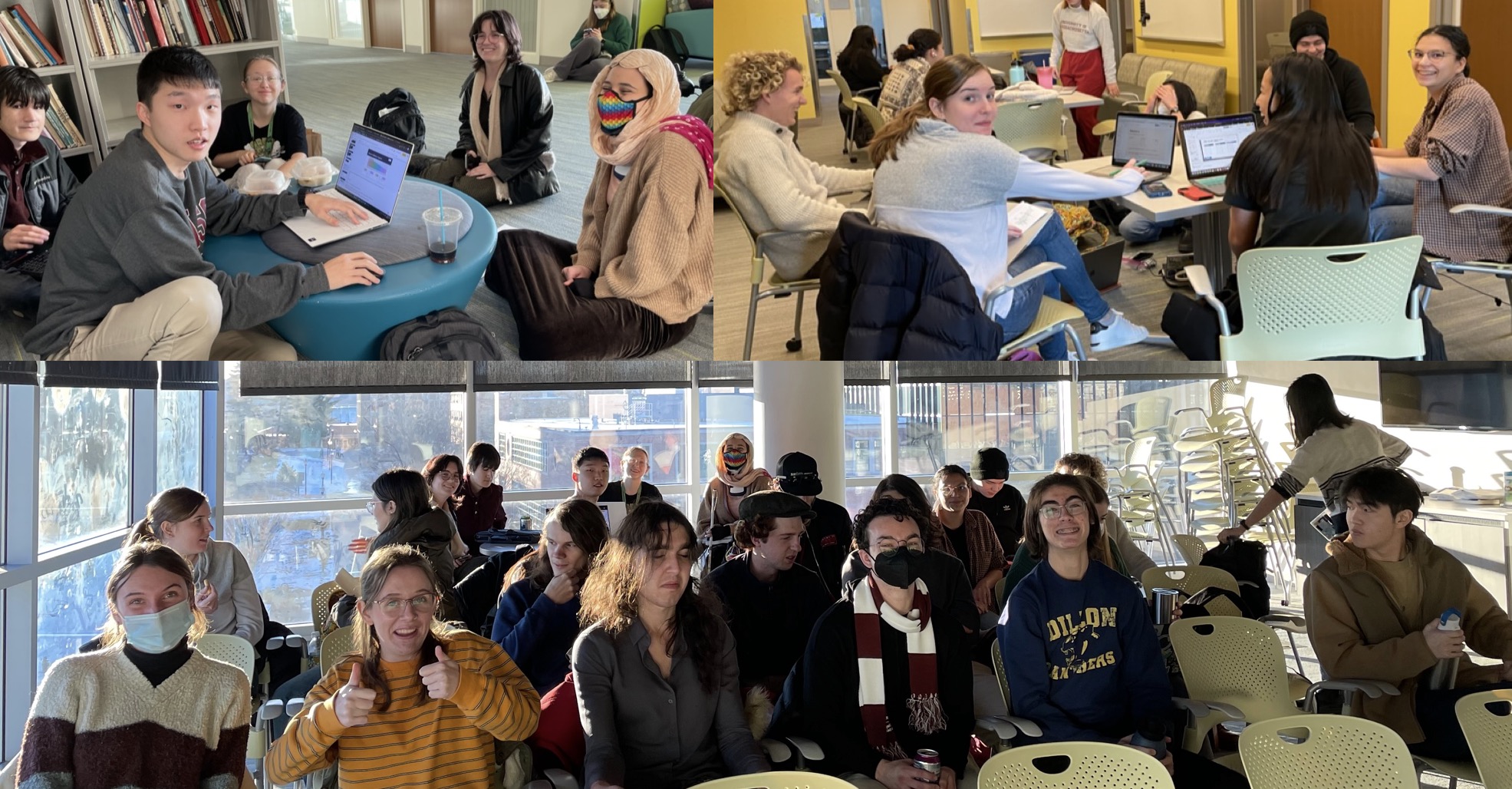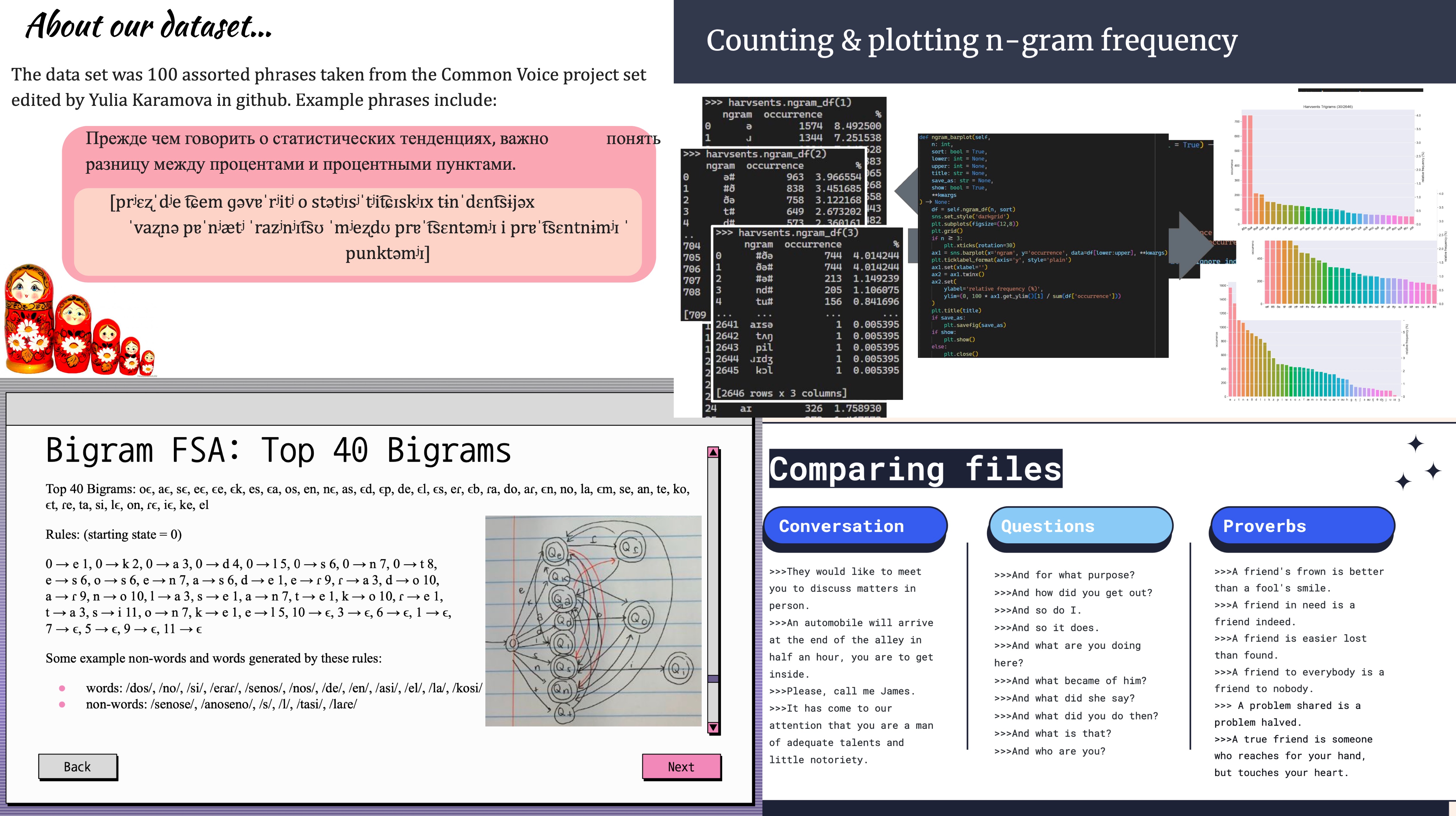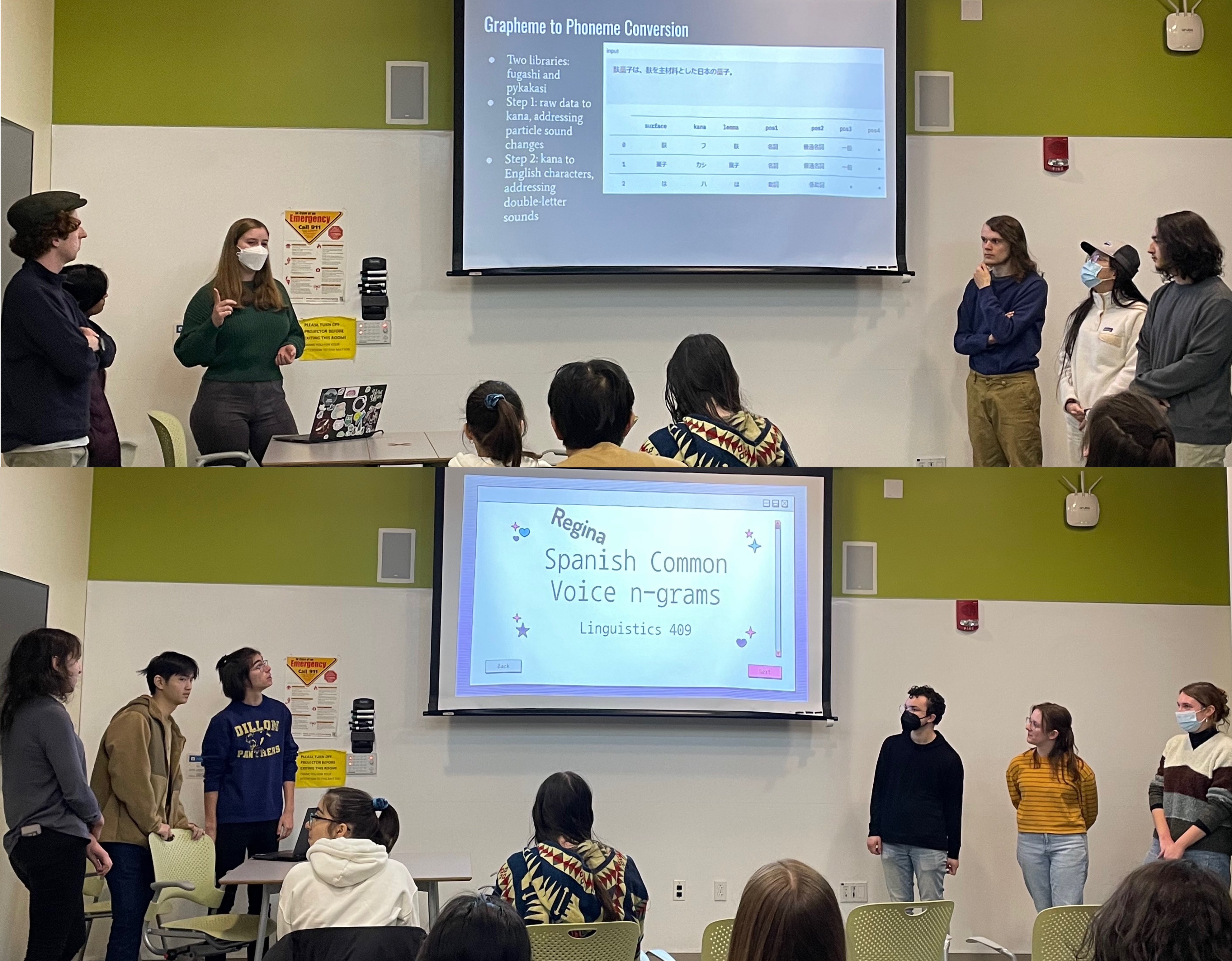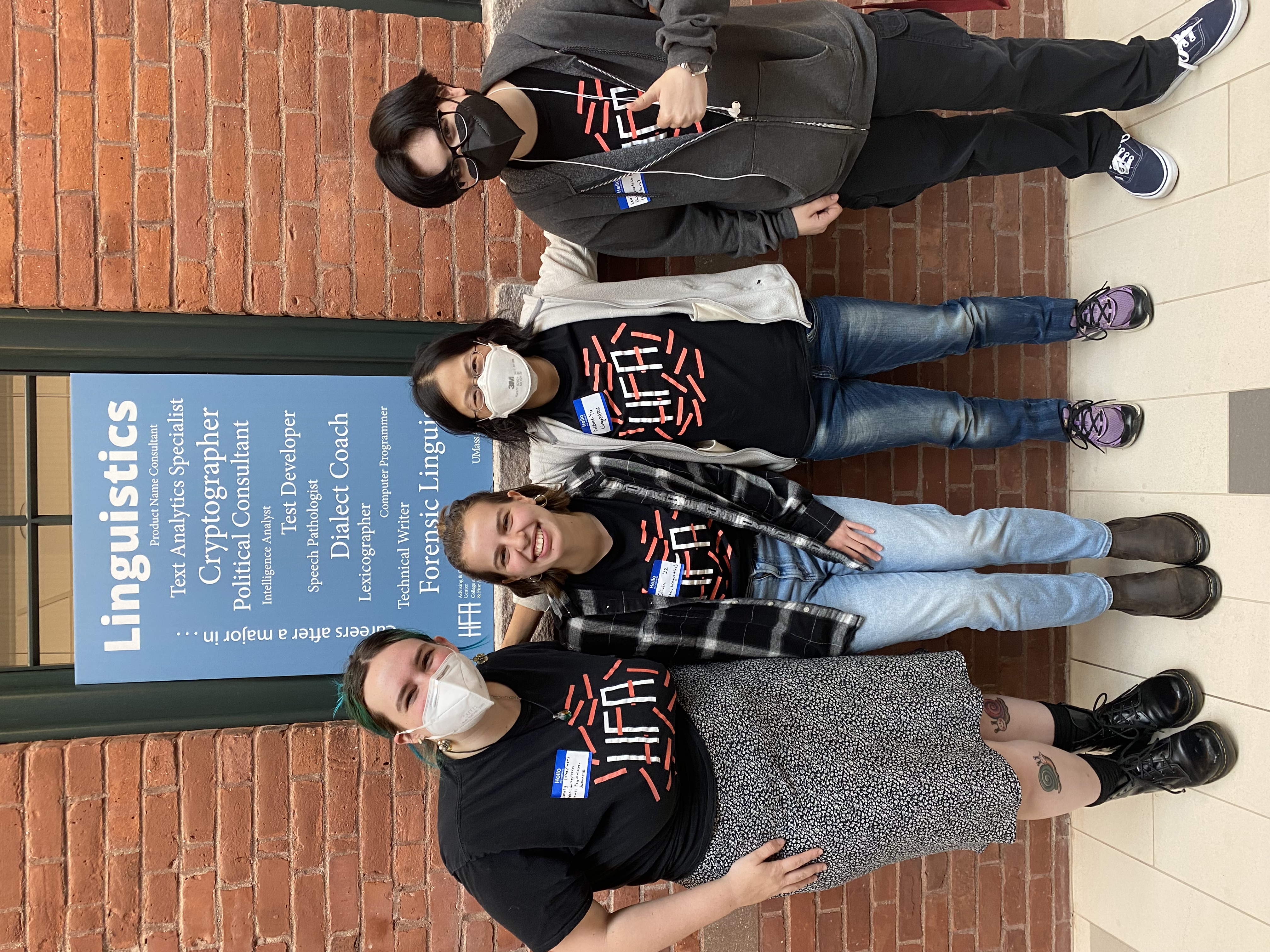The University of Massachusetts, Amherst will host the 31st Annual Meeting of the Austronesian Formal Linguistics Association (AFLA) as well as a special session on “Prosodic and psycholinguistic connections in verb initial languages.” The conference will take place in person at UMass in Amherst, Massachusetts from June 12-June 14, 2024.
Since 1994, AFLA has served internationally as the most prominent and influential venue for presentation and discussion of recent research on Austronesian languages. Research disseminated at AFLA spans all subfields of linguistics (syntax, semantics, phonology, morphology, sociolinguistics, psycholinguistics, language acquisition, historical linguistics, etc).
The aim of the special session on connections between verb initial languages is to bring together researchers working on prosody and psycholinguistics in Austronesian as well as verb-initial languages in other language families, creating a space for scholars who do not normally collaborate to share ideas and perspectives. The special session aims to foster discussion of the commonalities in the comprehension and production of verb-initial languages and the prosody of verb-initial languages. It also aims to contribute to informing existing theories of sentence processing and prosody, which have been developed primarily based on verb-medial and verb-final languages thus far.
In addition, there will be a pre-conference workshop on June 11, 2024 on a computational, data-driven approach to working with prosodic data. The workshop is intended to offer methodology for initial exploratory work in languages with limited or no prosodic descriptions for fieldworkers from a variety of backgrounds, including those without training in prosody.
We invite abstracts for 20 minute talks and posters on work in all areas of Austronesian linguistics, as well as abstracts on work on prosody and experimental linguistics in verb initial languages from any language family.
Abstract guidelines
Abstracts (including references and figures) should not exceed 2 single-spaced pages. Submissions must be on A4 size paper with 2 cm margins, and minimum 11pt font. All abstracts should be anonymous. Maximum 2 single-authored submissions per author (no limit for co-authored abstracts). Abstracts must be submitted as a single pdf document through the submission portal (which will open soon). Abstract deadline: January 20, 2023
Note: We will give preference to new work, but given the unusually short time frame between the previous AFLA and AFLA 31, we encourage work that has already been presented as long as there is some new development.
We especially encourage submissions from junior scholars and students. To ensure the participation of junior scholars, we will provide a limited number of travel stipends for students whose abstracts are accepted for a poster or presentation.
Please visit https://websites.umass.edu/afla31/ for more details, and email afla31@umass.edu with questions. If you’d like to subscribe to our mailing list, visit https://groups.io/g/afla/join and enter your email address.




